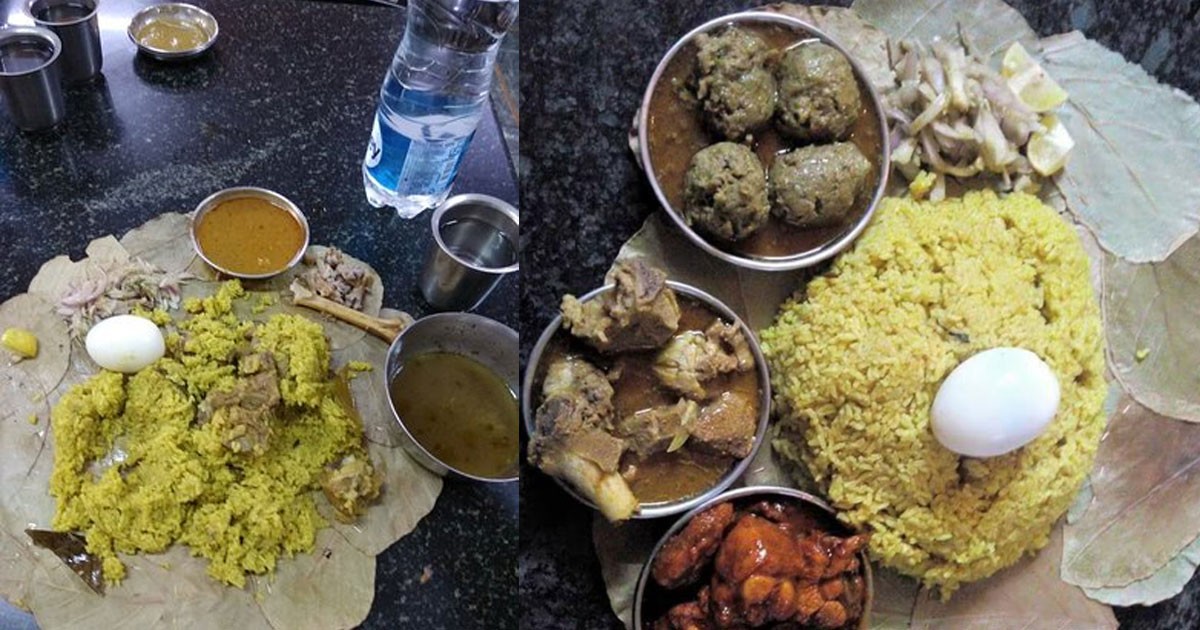
Hosatodaku, a Kannada word signifying “new beginnings,” is a vibrant festival celebrated in the Deccan region of India, particularly in states like Karnataka, Andhra Pradesh, and Maharashtra. This festivity coincides with Ugadi, which marks the New Year according to the Hindu calendar. The celebrations commence weeks in advance, with preparations including house cleaning, shopping for new clothes, and creating colorful rangolis at the entrance. Symbolic mango leaves are tied to the door, inviting prosperity and a bountiful harvest.
On Ugadi, families partake in an early morning oil bath, invoking blessings and consuming a special mixture called “bevu-bella”. This concoction combines bitter neem, jaggery, soaked dal, and raw mango, representing life’s diverse emotions—each akin to a different taste. The belief is that these flavors must be savored in balance throughout the upcoming year.
The festivities extend to the next day, known as Hosatodaku. For the Kannada-speaking and meat-eating communities, especially the Gowdas, this day is marked by a sumptuous feast. The menu features an array of non-vegetarian delicacies prepared in traditional “nati-style” cooking methods. Mutton, free-range country chicken, eggs, and fish take center stage, accompanied by rice and ragi. It’s a celebration of new beginnings, flavors, and community—a delightful way to welcome the year ahead!
